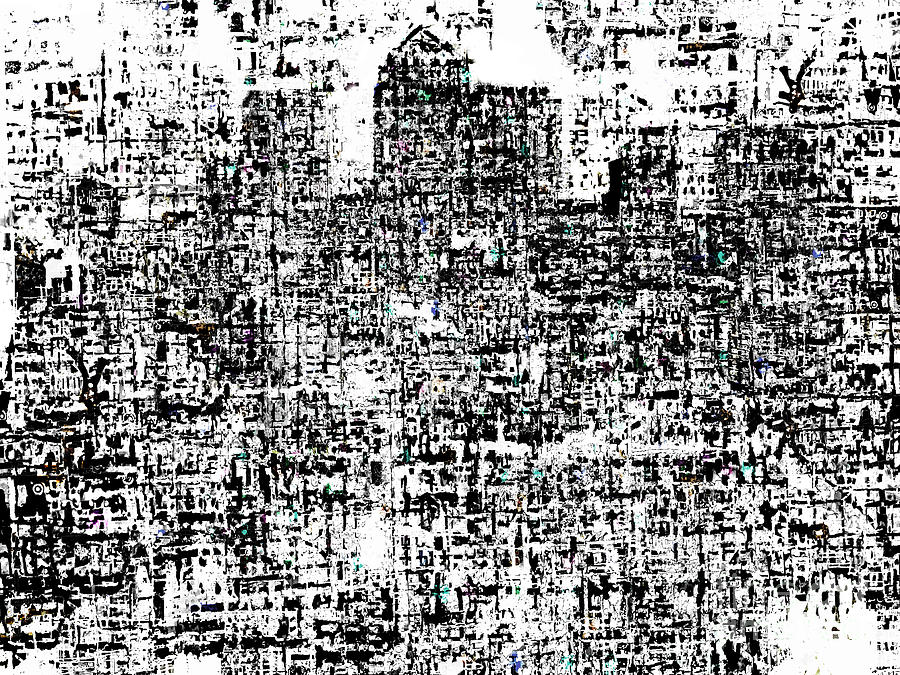My observations are those of a beginner.
As they are completely fresh in my mind and concern the first difficulties
a beginner encounters, they may be more useful to beginners
making their first ascents than treatises written by professionals.
These are no doubt more methodical and complete,
but are intelligible only after a little preliminary experience.
The entire aim of these notes is to help the beginner
acquire this preliminary experience a little faster.
....
Keep your eye fixed on the way to the top,
but don't forget to look right in front of you.
The last step depends on the first.
Don't think you're there just because you see the summit.
Watch your footing, be sure of the next step,
but don't let that distract you from the highest goal.
The first step depends on the last.
....
When you take off on your own, leave some trace
of your passage that will guide your return:
one rock set on top of another, some grass pierced by a stick.
But if you come to a place you cannot cross or that is dangerous,
remember that the trace you have left might lead the people
following you into trouble. So go back the way you came
and destroy any traces you have left.
This is addressed to anyone who wants to leave traces
of his passage in this world. And even without wanting to,
we always leave traces.
Answer to your fellow men for the traces you leave behind.
....
If you slip or have a minor spill, don’t interrupt your momentum
but even as you right yourself recover the rhythm of your walk.
Find your pace again the moment you get up.
In your mind take careful note of the circumstances of your fall,
but don’t let your body linger over what happened.
The body constantly tries to draw attention to itself by its shiverings,
its breathlessness, its palpitations, its shudders and sweats and cramps;
but it reacts quickly to any scorn and indifference in its master.
Once it senses that he is not taken in by its jeremiads,
once it understands that it will inspire no pity for it that way,
then it comes into line and obediently accomplishes its task.
~ René Daumal
excerpts from Mount Analogue:
A Tale of Non-Euclidian and Symbolically Authentic Mountaineering Adventures
A Tale of Non-Euclidian and Symbolically Authentic Mountaineering Adventures








































